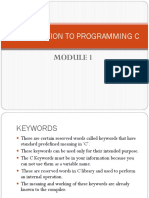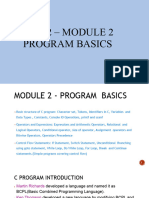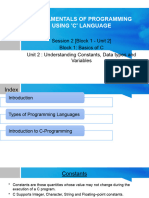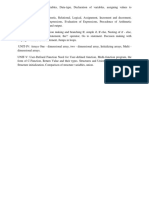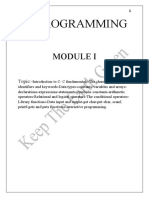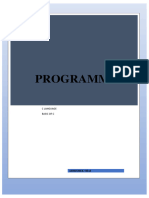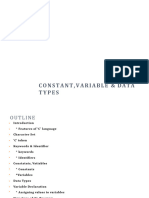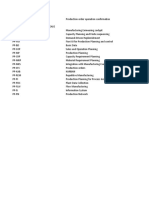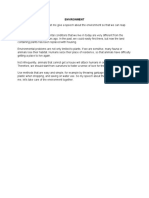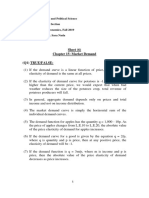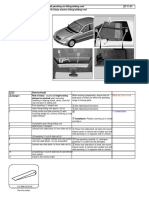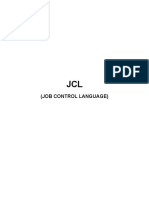0% found this document useful (0 votes)
18 views23 pagesTokens - Variables, Datatypes & Constants
The document provides an overview of tokens in the C programming language, including keywords, identifiers, constants, and data types. It explains the rules for creating identifiers, the importance of variable declaration, and categorizes data types into built-in, derived, and user-defined. Additionally, it covers the types of constants and their representations in C.
Uploaded by
shreeshaalinisenthilmuruganCopyright
© © All Rights Reserved
We take content rights seriously. If you suspect this is your content, claim it here.
Available Formats
Download as PDF, TXT or read online on Scribd
0% found this document useful (0 votes)
18 views23 pagesTokens - Variables, Datatypes & Constants
The document provides an overview of tokens in the C programming language, including keywords, identifiers, constants, and data types. It explains the rules for creating identifiers, the importance of variable declaration, and categorizes data types into built-in, derived, and user-defined. Additionally, it covers the types of constants and their representations in C.
Uploaded by
shreeshaalinisenthilmuruganCopyright
© © All Rights Reserved
We take content rights seriously. If you suspect this is your content, claim it here.
Available Formats
Download as PDF, TXT or read online on Scribd
/ 23













